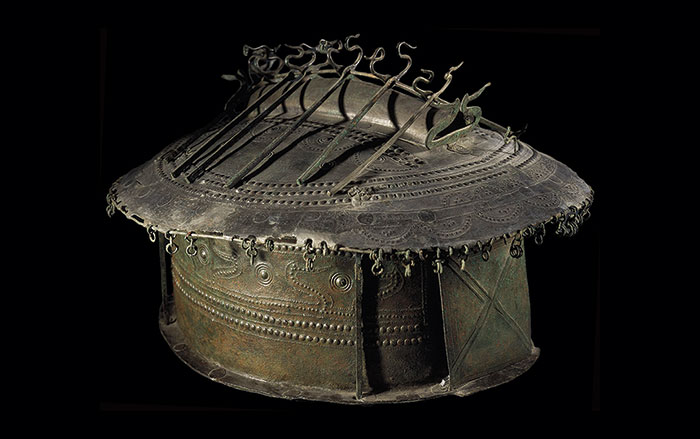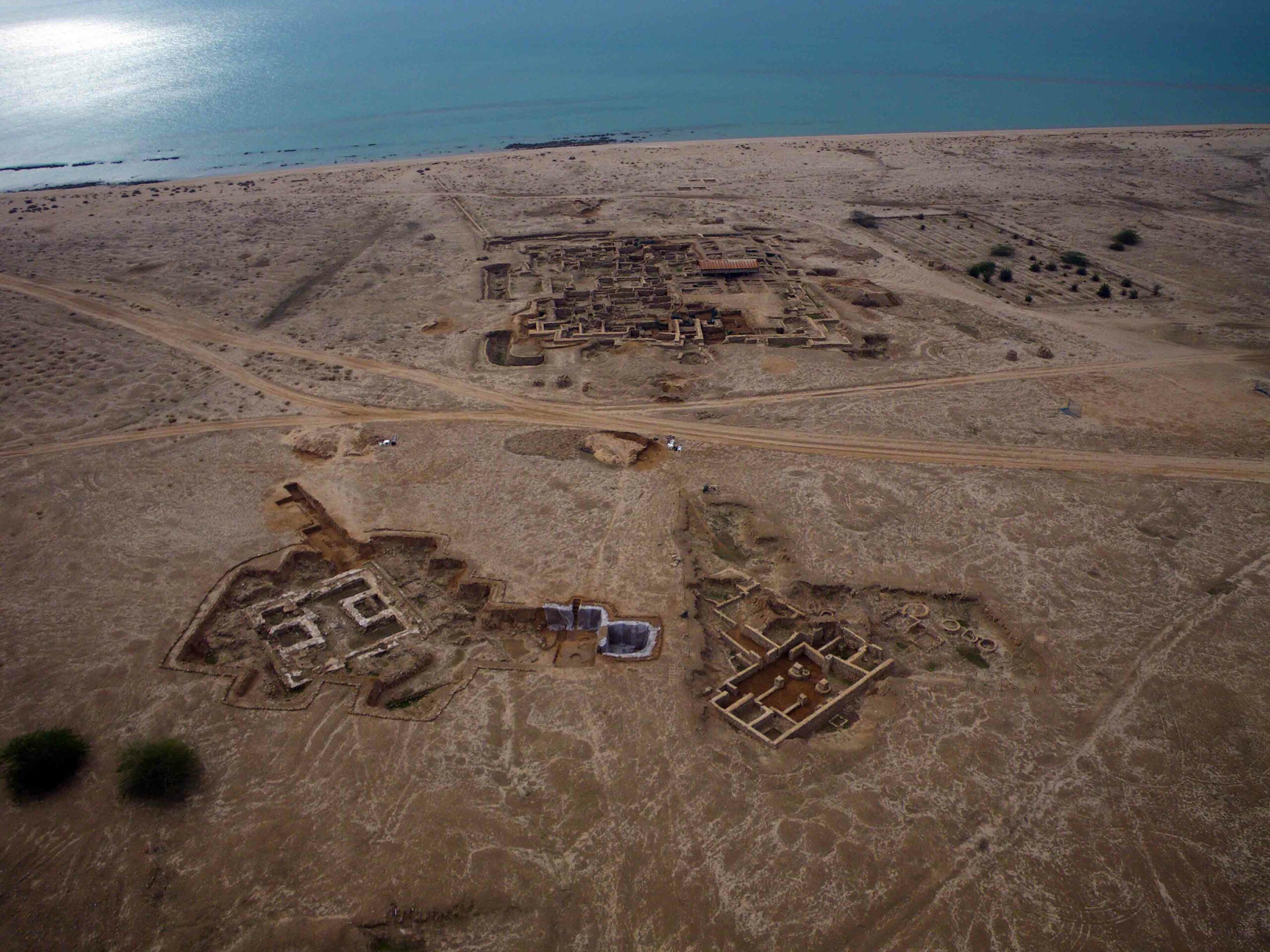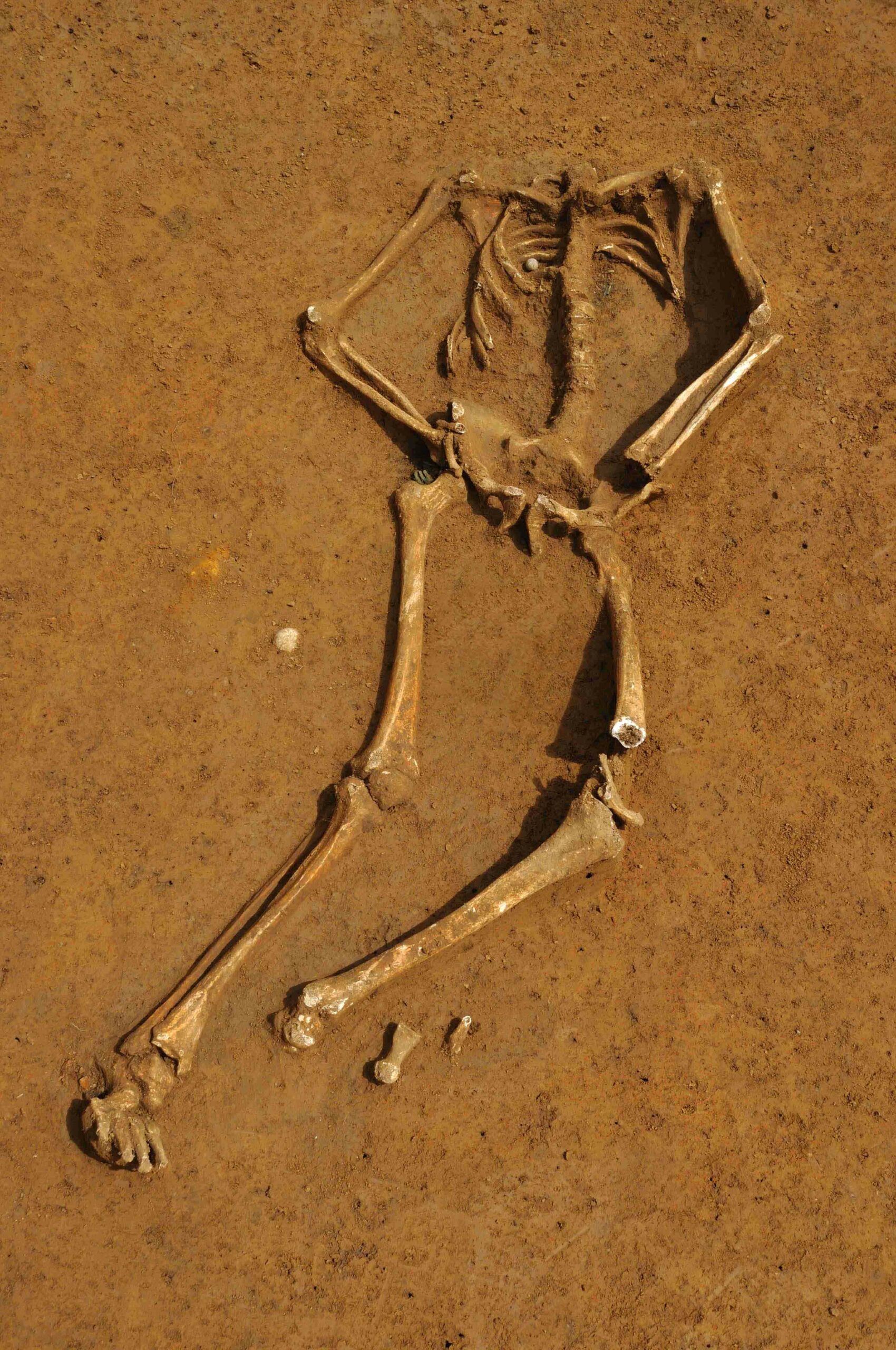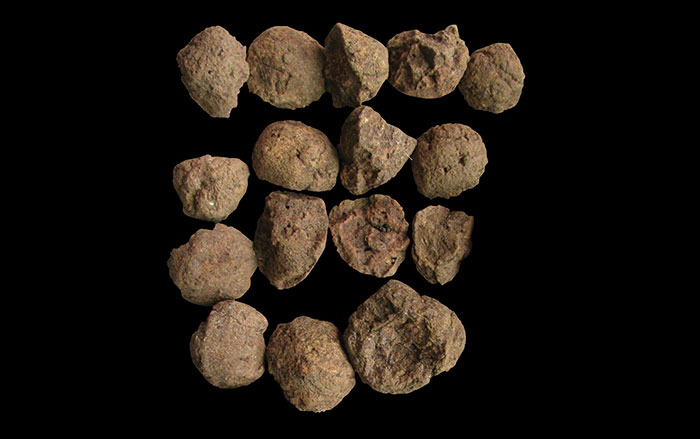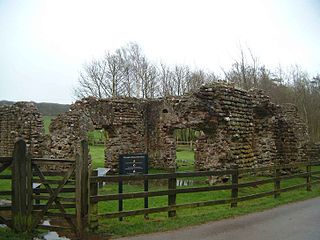
CUMBRIA, ENGLAND—The Roman fort known as Glannaventa was dismantled during the medieval period, its stones incorporated into village structures and a castle, leaving behind an earthwork platform. Archaeologists will examine the only standing Roman building at the site, the remains of a bathhouse thought to have been reused during the medieval period as a house. They also want to learn more about the settlement that surrounded the fort during the Roman period. “People have wanted to find out about the area for a long time and discover its wider context and involvement with Hadrian’s Wall,” said Holly Beavitt-Pike of English Heritage.





